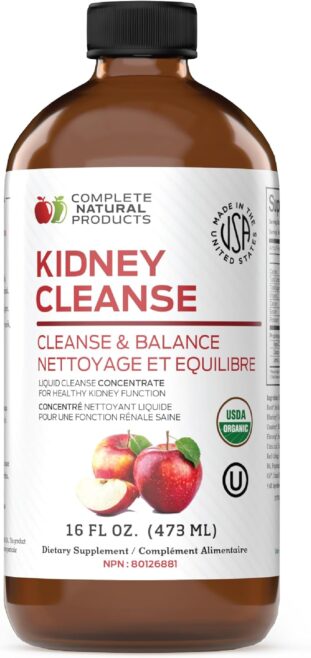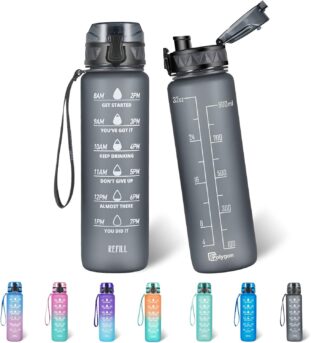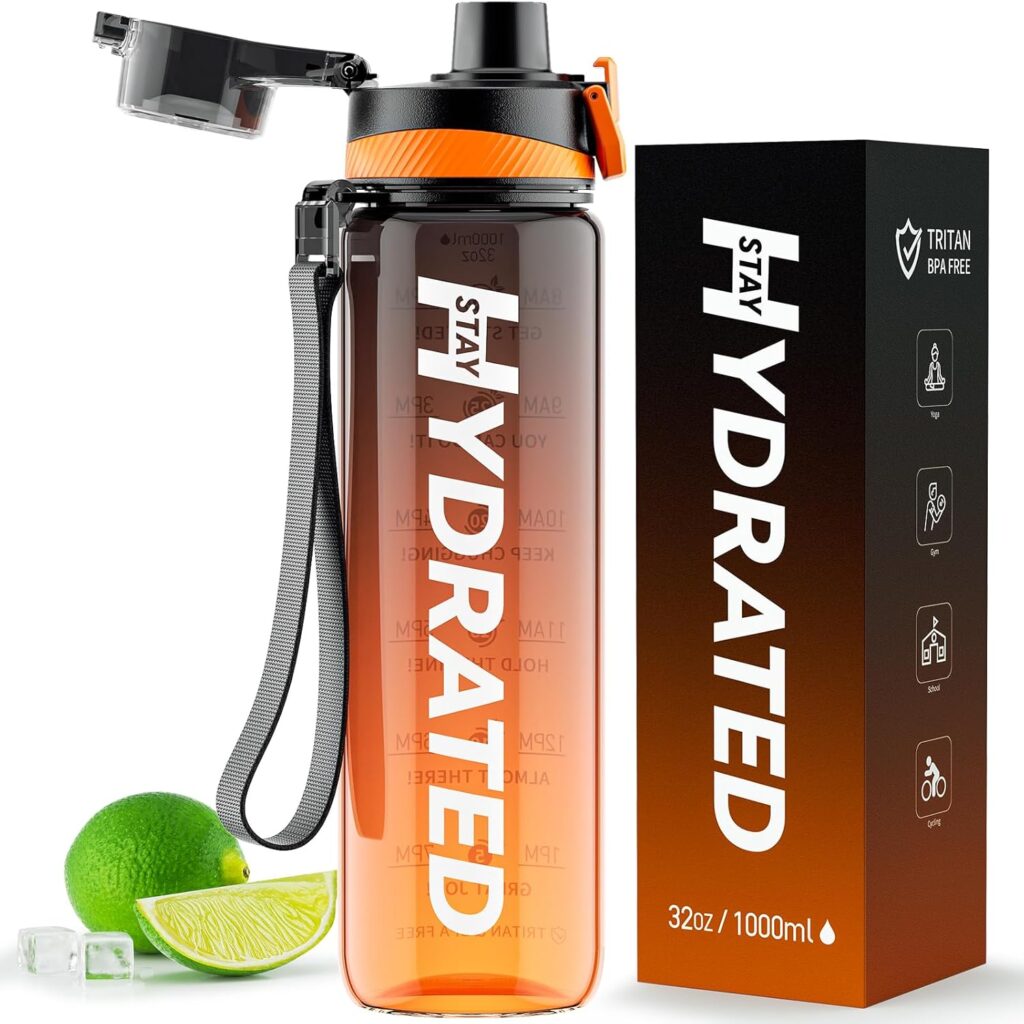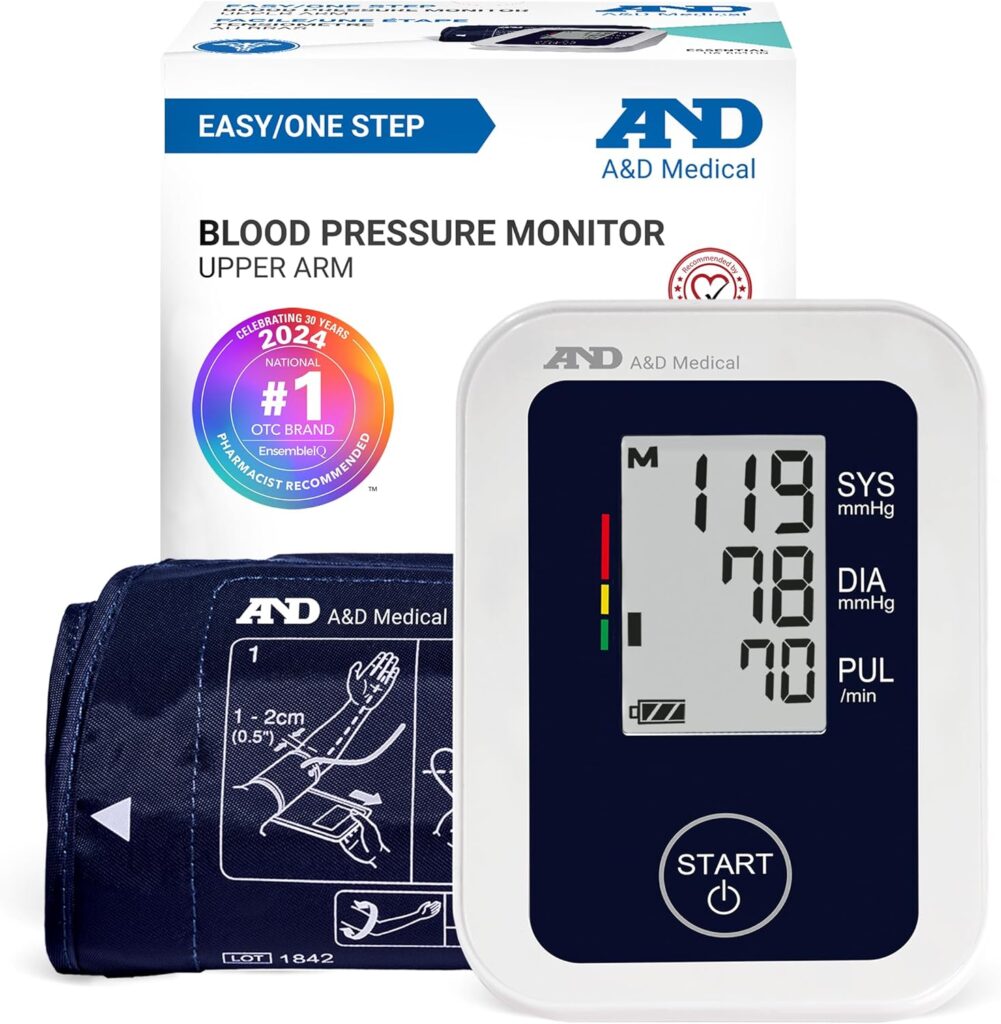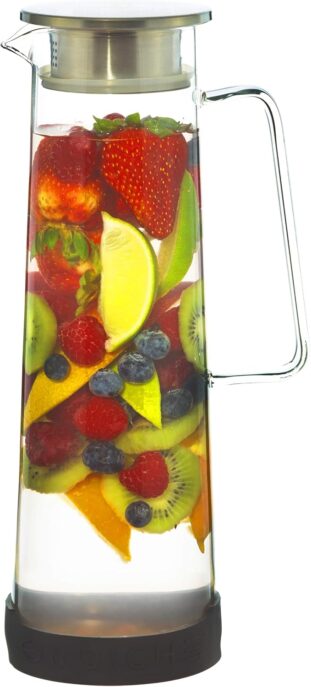What is kidney health, and why does it matter? Ever thought about those two bean-shaped organs sitting quietly in your back – I’m talking about your kidneys?
We often do not give them much thought, but without a doubt, they are real multitaskers. They don’t just filter out waste but they also play a major role in maintaining your overall health.
This article takes a deep dive into why your kidneys deserve a standing ovation, how to keep them in tip-top shape, and the signs that might be waving a red flag.
What is Kidney Health?
When we talk about kidney health, we are looking at how well these organs are performing their job of maintaining fluid balance, filtering blood, and regulating things like electrolytes and waste.
Good kidney health means your kidneys are effectively doing their work without any hiccups. But when they are not, you’ve got yourself a problem—and not the kind that you can shrug off.
Why Your Kidneys are So Important
Kidneys are the unrecognized heroes of your body. They work around the clock managing tasks like:
- Filtering blood: They remove waste, excess water, and toxins.
- Balancing minerals: Your kidneys are the gatekeepers to delivering the right amount of sodium, potassium, and calcium to your body to work effectively.
- Regulating blood pressure: Healthy kidneys mean a healthy blood pressure—these organs help manage it by balancing salt and water levels.
- Producing hormones: Ever heard of erythropoietin? It’s a hormone your kidneys make that helps produce red blood cells.
Kidney Health and Aging
Is there a relationship between kidney health and aging? The answer is an emphatic Yes! As you age, your kidneys naturally undergo changes that can impact their efficiency.
The kidneys naturally lose some efficiency. Their size and weight shrink due to reduced blood flow and a gradual loss of nephrons, the tiny filters that remove waste.
This can lower your glomerular filtration rate (GFR), making it harder to clear toxins and regulate fluid balance.
Blood vessels in the kidneys may stiffen, and their ability to concentrate urine diminishes, leading to potential dehydration.
Furthermore, the kidneys’ response to hormonal signals weakens, affecting blood pressure regulation. While these changes are normal, staying hydrated and maintaining a healthy lifestyle can help preserve kidney function.
Seniors and Kidney Health
Seniors are at a higher risk for reduced kidney function, so it’s essential to prioritize kidney care through mindful habits. These include maintaining proper hydration, sticking to a nutrient-rich diet, and keeping chronic conditions like diabetes and high blood pressure under control.
Routine medical checkups become increasingly important to monitor kidney function and catch potential issues early. Simple practices can make a significant difference in keeping kidneys healthy throughout the golden years.
Aging gracefully is not just about wrinkles. It’s about keeping those internal organs in check, too!.
What is Kidney Health? – 5 Signs Your Kidneys Might Need a Little TLC
I’m not one to be dramatic, but when your kidneys are waving that metaphorical SOS flag, you’d better pay attention and consult your healthcare provider. Here are some signs that your kidney health might be on the fritz:
Swelling: You notice puffy ankles, feet, or hands? This could mean your kidneys aren’t removing excess fluid properly.
Changes in urination: This may be that you are seeing more or less output than usual or waking up several times at night to go. This is worth a closer look.
Fatigue: Are you feeling more tired than usual? When your kidneys are not functioning well, toxins build up and make you feel drained.
Skin issues: Itchy, dry skin can sometimes mean your kidneys aren’t balancing minerals and nutrients effectively.
Shortness of breath: Fluid buildup in the lungs due to poor kidney function can make breathing more difficult.
Risk Factors for Kidney Issues
Certain factors can increase risk of developing kidney issues. Being aware of these risk factors can help you take preventive measures to protect your kidney health.
There are at least 7 important risk factors:
Age: As you get older, your risk of kidney problems increases due to natural wear and tear on the organs. Unfortunately kidney health and aging have an unholy alliance!
Family history: If kidney disease runs in your family, your chances of developing it are higher.
Dehydration: Not drinking enough water can make it harder for your kidneys to do their job effectively.
Chronic conditions: Diabetes and high blood pressure are the leading causes of kidney disease. Managing these conditions can significantly lower your risk.
Obesity: Excess weight can lead to conditions that harm your kidneys, like high blood pressure and diabetes.
Smoking: This habit damages blood vessels, reducing blood flow to the kidneys and impairing their function.
Overuse of painkillers: Long-term use of NSAIDs or certain medications can lead to chronic kidney damage.
So, What’s Good for Kidney Health Maintenance
Alright, enough doom and gloom. Let’s talk about how you can keep your kidneys happier than a clam at high tide. Here are some tried-and-true tips:
Stay Hydrated
Water is your BFF (best friend for life) when it comes to kidney health. It helps them flush out toxins and keeps everything running smoothly.
Aim for about 8 glasses a day, but don’t overdo it. Too much water can dilute sodium levels and make your kidneys work even harder.
If you are the type that forgets to drink water, invest in a motivational waterbottle to help you drink water throughout the day – they come in many lovely colors to choose from!
A hot favorite is the MEVOLY 1L Tritan Water Bottle with Time Markings. Any of these motivational bottles such as the POLYGON 32oz Water Bottle with Time Marker & Removable Strainer in the cap can double as an infuser.
Watch Your Diet
Ever heard the phrase, “You are what you eat”? Turns out, your kidneys believe it. A kidney-friendly diet includes:
- Low sodium: Too much salt can raise blood pressure and strain your kidneys.
- Lean protein: Chicken, fish, and plant-based proteins are good options.
- Plenty of veggies: Leafy greens like spinach and kale are packed with beneficial nutrients.
- Limited processed foods: These often contain high levels of sodium and unhealthy fats.
Keep an Eye on Your Blood Pressure
High blood pressure and kidney health are not friends. When your blood pressure is consistently high, it damages the tiny blood vessels in your kidneys, which leads to poor functioning.
Regularly check your blood pressure at home with an easy-to-use digital monitor such as A&D.
Various apps can even help you log your readings so that you can observe trends over time. If it starts creeping up, consult your doctor to nip potential issues in the bud.
Manage Blood Sugar Levels
Diabetes is one of the leading causes of kidney disease. If you have diabetes, keeping your blood sugar in check is non-negotiable. Think of it as damage control for your kidneys.
Avoid Overuse of Painkillers
Over-the-counter painkillers like ibuprofen or aspirin may help a headache, but taking them too often can mess with your kidney health. Long-term use can lead to chronic kidney damage.
Quit Smoking
We all know smoking is a villain in the story of good health. It hardens blood vessels, which reduces blood flow to your kidneys, making them work overtime.
Practical Tips Learned the Hard Way
Let’s keep it real. Sometimes, health advice sounds easy in theory but is tough to put into practice.
I learned this the hard way a few summers ago when I ended up with a dehydration headache during a camping trip.
Turns out, sipping water occasionally wasn’t cutting it in the heat. So, here are a few tips I’ve picked up since then:
- Start hydrating in small ways: If you are not big on drinking water, try using an infuser to infuse it with lemon, cucumber, or mint.
- Sneak in veggies: If salads aren’t your jam, toss some spinach into a smoothie. You won’t even taste it.
- Buddy system for exercise: Get a friend to join you for walks or workouts—accountability makes a world of difference.
- Meal prep: Planning your meals ahead can save you from the temptation of processed, high-sodium foods.
Conclusion – What is Kidney Health?
So, what is kidney health? It’s the peace of mind that comes from knowing your kidneys are running smoothly—like well-oiled machines. These unassuming organs work tirelessly behind the scenes to keep you feeling your best, so don’t take them for granted.
A little attention and a few healthy habits can make a big difference. Drink your water, eat smart, and remember—your kidneys have your back, so have theirs, too. Check out the resources to find out what works for you and do leave a comment!
Related Articles
- Diabetes and the Kidneys: 5 Hurting Signs
- 11 Safe Natural Remedies for Kidney Disease
- Why Is Water Important to Your Health? – Facts To Know
- How to Stay Hydrated When You Hate Water – Is it Possible?
FAQs for What is Kidney Health?
What foods are bad for kidney health?
Foods high in sodium, processed meats, and those loaded with added sugars can negatively impact kidney health. Try to cut back on chips, deli meats, and sugary drinks.
Is hydration a major factor for seniors and kidney health management?
Yes, chronic dehydration can lead to kidney stones and even kidney damage. Your kidneys need water to effectively remove waste.
How do I know if my kidneys are healthy?
The best way to know for sure is through regular checkups that include blood and urine tests. However, paying attention to signs like swelling, fatigue, or changes in urination is a good start.
So what’s good for kidney health boosting that is natural?
Absolutely! Staying hydrated, maintaining a balanced diet, and exercising regularly are all effective, natural ways to support your kidney health.
Is senior health and aging the biggest risk factor for kidney disease?
While there is a relationship between kidney health and aging, diabetes and high blood pressure are the two main culprits. If you manage these conditions, you will most certainly be doing your kidneys a huge favor.


